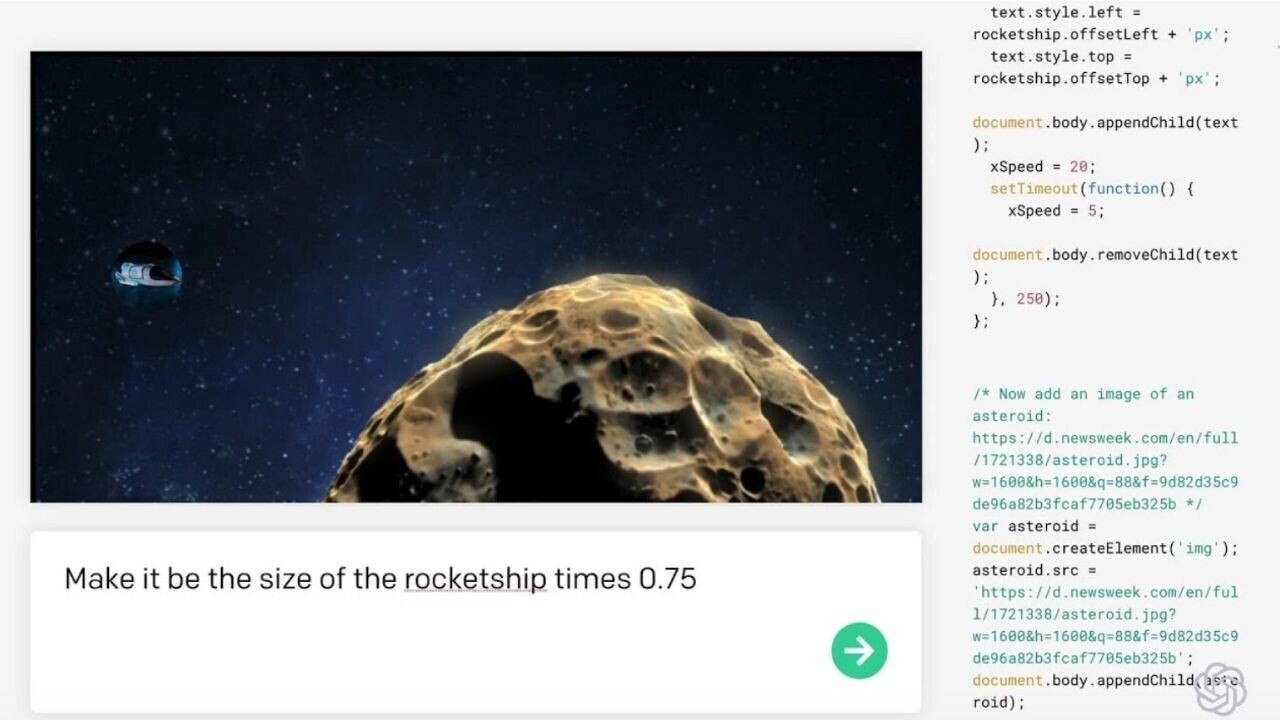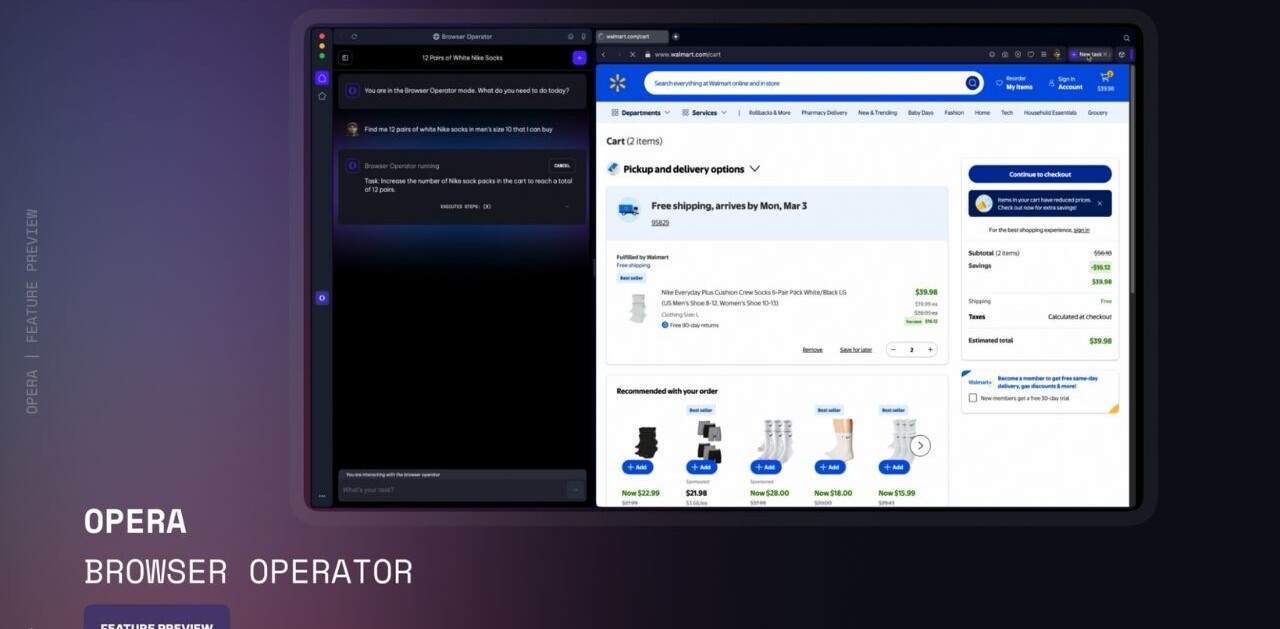
OpenAI has released a new version of Codex, an AI system that translates written language into code.
The company unveiled the upgraded software on Tuesday. It looks like a seriously powerful programming tool — and a slightly scary one.
In a live demo, OpenAI used the system to convert written English commands into simple games and websites.
Sam Altman, OpenAI’s CEO, said the system is merely a rudimentary version of what’s possible. But he expects it to quickly improve:
I think Codex gets close to what most of us really want from computers — we say what we want, and they do it. Programming languages are an artifact of computers not being able to actually understand us, and humans and computers relying on a lingua franca to understand each other.
The demo gave a glimpse of how Codex democratizes software development and saves programmers time. But it also suggested that AI could quickly transform their jobs.
How Codex works
Codex is a descendant of GPT-3, OpenAI’s vaunted natural language model, but trained on billions of lines of code as well as written text. This allows it to translate plain English into code.
“GPT-3 is a system that you talk to and it talks back to you, so the only impact it has is in your mind,” said OpenAI CTO Greg Brockman during the demo.
“With Codex, you talk to it [and] it generates code, which means it can actually act in the computer world on your behalf. And I think that that’s a really powerful thing — that you actually have a system that can carry out commands on your behalf.”
According to OpenAI, Codex is most capable in Python, but is also proficient in over a dozen languages, including JavaScript, Go, Perl, PHP, Ruby, Swift, TypeScript, and Shell.
The company has now invited businesses and developers to build on top Codex through a new API. You can join the waitlist for the private beta here.
Threats and opportunities
The Codex demo was certainly impressive, but the system isn’t perfect, as OpenAI admits.
The company recently published a paper that highlights several limitations and biases. Nonetheless, the model’s simplicity and adaptability provide a promising foundation for AI coding assistants.
“The code neural networks that you will have in the future will be far better than this,” said OpenAI Chief Scientist Ilya Sutskever. “This is only the beginning of an exciting future.”
It may well be exciting, but some programmers have raised concerns about a potential threat to their jobs. Others, however, envision AI taking on their onerous tasks so they can focus on developing new ideas.
Greetings Humanoids! Did you know we have a newsletter all about AI? You can subscribe to it right here.
Get the TNW newsletter
Get the most important tech news in your inbox each week.





